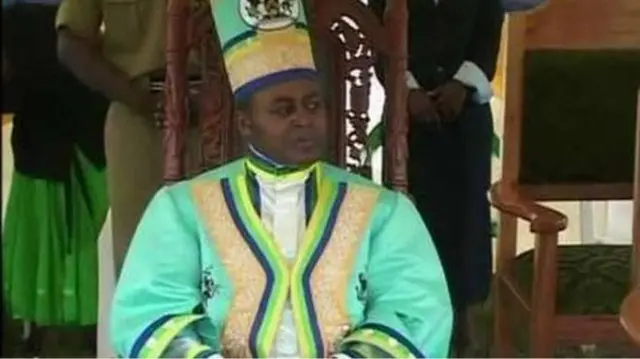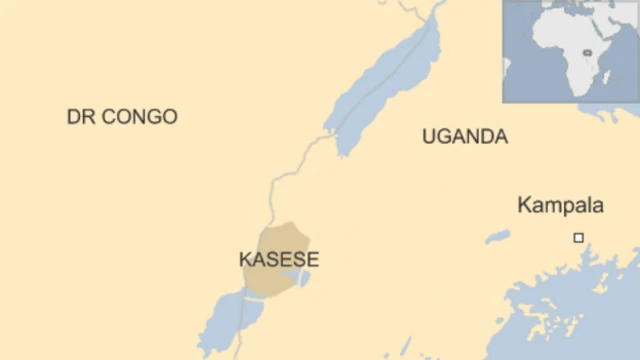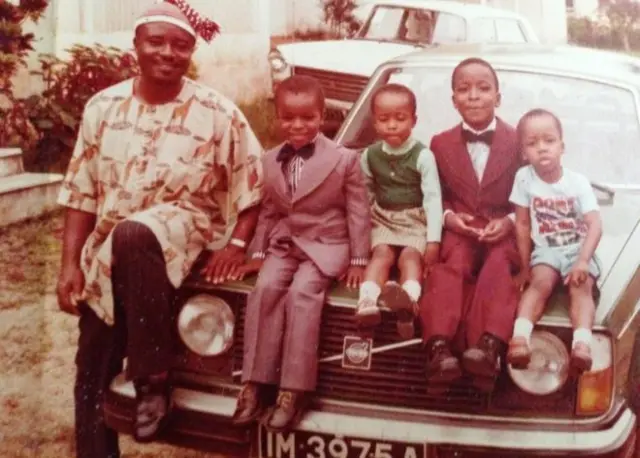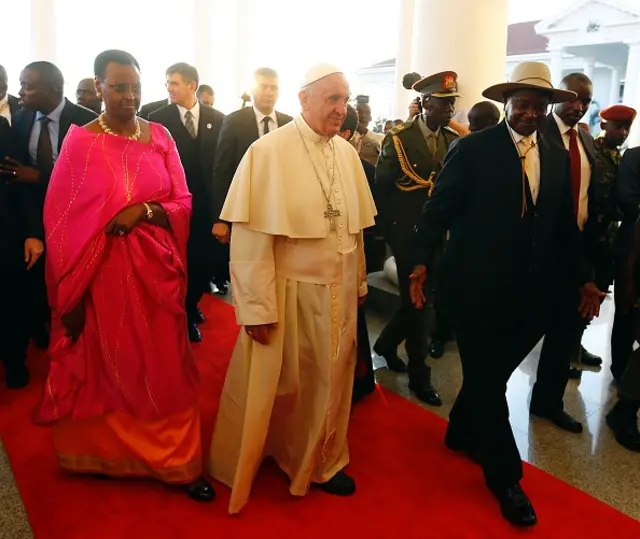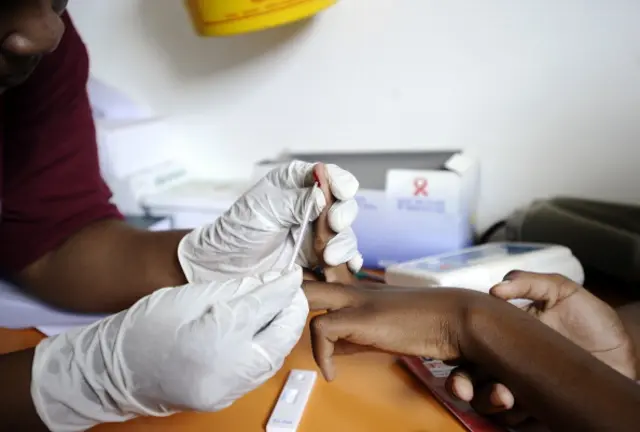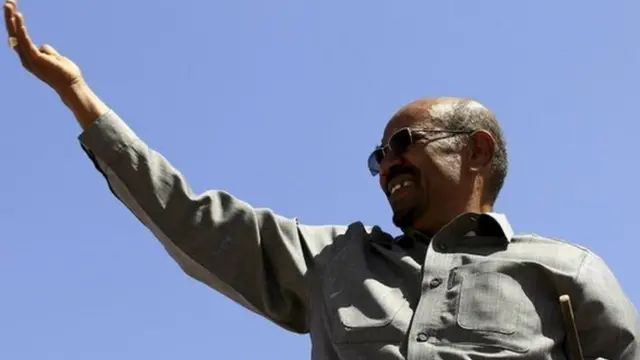Cost of internet data to rise in Nigeriapublished at 11:39 GMT 30 November 2016
 Naziru Mikailu
Naziru Mikailu
BBC Abuja editor
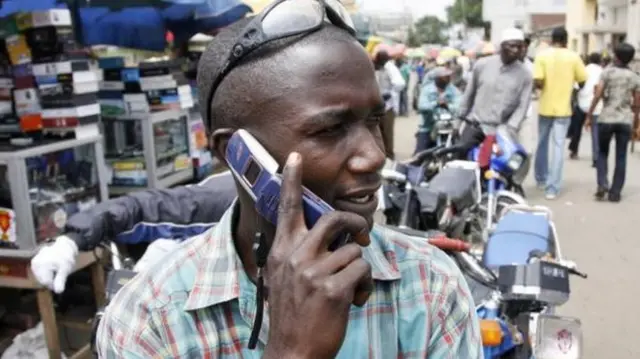 Image source, AFP
Image source, AFPNigeria's government has directed mobile phone operators to increase prices of internet data.
The reason for the proposed increase in unclear, but it has fuelled speculation that the government will take the extra money to deal with its cash crisis.
The extent of the proposed increase is also unclear, though customers are already receiving text messages telling them that the new prices will come into effect tomorrow.
A leading trade union has described the move as "worrying" and "insensitive".
We are waiting for a briefing from the head of Nigeria’s Communication Commission, and we will give you more details as soon as we get them.

